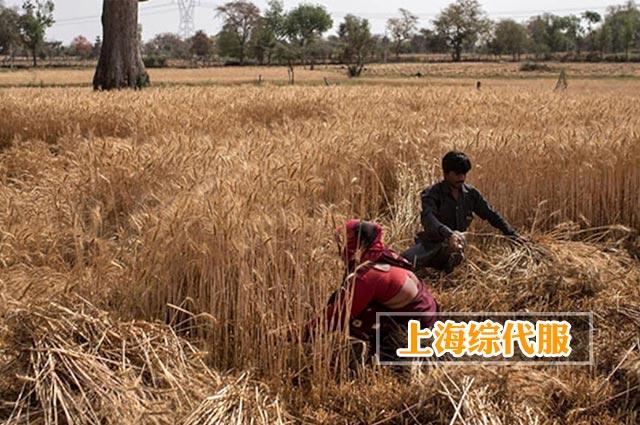The Indian government recently announced a ban on exports of non-Indian shampoos to ensure domestic supply. This move rapidly led to rising global rice prices, and rice traders from major exporters such as Thailand and Vietnam are urgently negotiating to adjust sales contracts for 500,000 tons of rice. At the same time, importers such as the Philippines are also considering increasing rice reserves and increasing imports to address potential supply shortages.

India bans rice exports
Affected by the export ban of India, the world’s most important rice exporter, major exporters such as Thailand and Vietnam are urgently negotiating to adjust sales contracts for 500,000 tons of rice. The Indian government announced a ban on the export of non-India shampoo on July 20 to ensure sufficient supply to the domestic market. This move is linked to the historic heavy rain floods that hit India in early July this year, and the Indian government responded to the trend of rising rice prices by issuing a ban.
Impact of the global rice market
India’s rice exports accounted for 40 percent of the global market, followed by Thailand and Vietnam, which combined about 60 percent of India’s exports. As a result, under the influence of India’s ban, global rice prices rose rapidly.
Reactions from farmers and exporters
The rapid rise in rice prices has led farmers to demand that exporters pay higher purchase prices, which is why exporters are busy in urgent negotiations to raise prices.Rice traders in Singapore and Ho Chi Minh City have revealed that market prices are now much higher than contract prices, and the surge in export prices has led to rising rice purchase prices.
Response measures by importing countries
Many importing countries have begun to worry about the international supply situation. Officials from the Philippine Ministry of Agriculture say the Philippines will increase rice reserves, including increasing imports. The government encourages private importers to increase the amount of imports and may ensure the supply of critical meat through inter-national agreements.


 Follow the customer service WeChat account.
Follow the customer service WeChat account.